Maureen Keane, co-founder of She Votes Illinois, announced last Wednesday that a menstrual equity bill that passed in the Illinois House of Representatives and is currently in the state Senate is expected to pass before the legislature recesses on April 8th.
The bill, Menstrual Hygiene Products in Prison (HB4218), requires that menstrual hygiene products and underwear be provided for free as needed to anybody held in or employed by an Illinois Department of Corrections facility. Currently, prisoners must pay for menstrual products and appeal to guards if they need clean underwear or a shower because they are menstruating. “Incarcerated individuals should not have to make the choice between ‘Do I use my commissary to buy menstrual pads?’ or ‘Do I use my money to call my children?’” Keane said.
This is one of six menstrual equity bills She Votes Illinois has advocated for this legislative session. The other five would require menstrual product ingredient labeling, provide free menstrual products at state parks and at interstate highway rest stops, and ensure that products are consistently stocked in school bathrooms for grades four through 12. Those bills are unlikely to be passed this year.
Menstrual equity requires, among other things, that menstrual products are available, affordable and safe. Cost is an important issue, Keane said, because the average lifetime cost for menstrual products to someone who menstruates is $18,000, and one in five teens struggles to afford tampons and pads.
“No one questions toilet paper and soap being made available in public bathrooms at no cost. In fact, many would be outraged if toilet paper wasn’t provided,” Keane said. “Menstrual products are no different than toilet paper.”
Keane’s organization, She Votes Illinois, focuses on getting women involved with politics and policy, and has drafted legislation promoting menstrual equity. Last year, four bills the organization wrote were signed into law, providing menstrual products in homeless shelters as well as public colleges and universities; permitting recipients of SNAP (the Supplemental Nutrition Assistance Program) to use their benefits to pay for menstrual products; and requiring menstrual products to be provided free of charge in school restrooms for grades four through 12. This year’s bill seeks to close a loophole by making sure the products are restocked.
Keane encouraged Illinois residents to contact their state legislators and voice their support for menstrual equity bills. “We must close equity gaps in resources and period product access to ensure every menstruating person has the opportunity to thrive at school and beyond.”

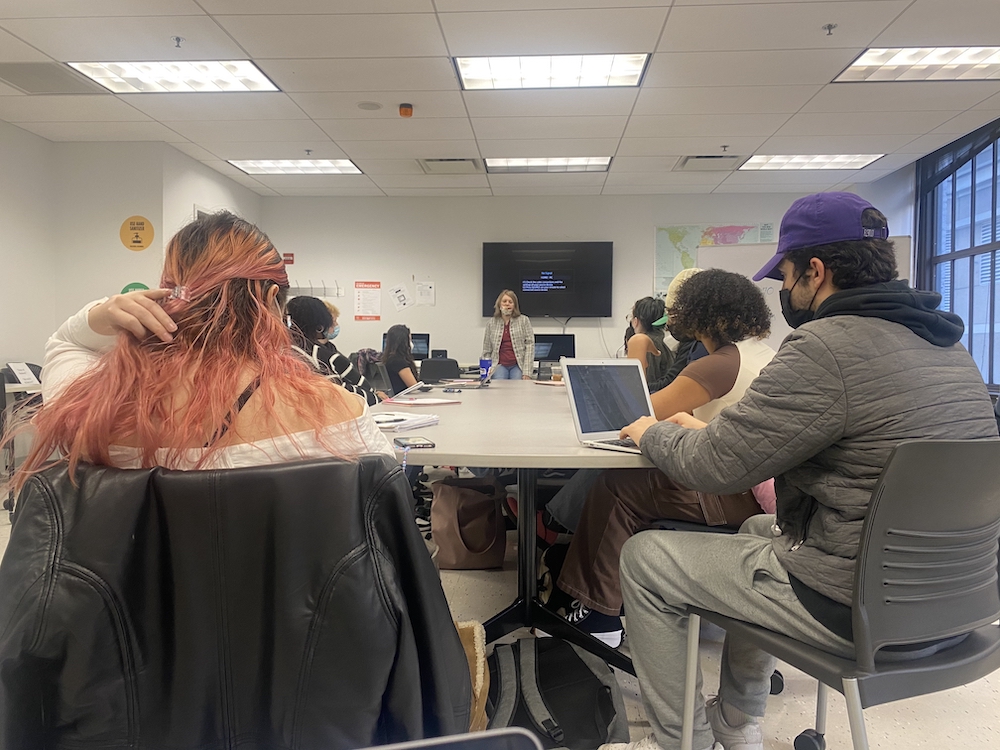
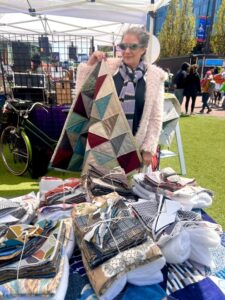












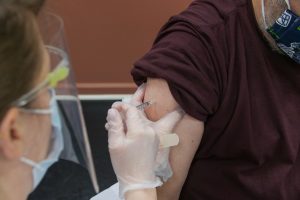







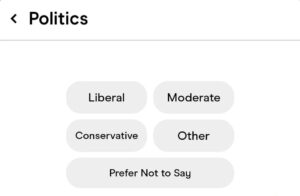

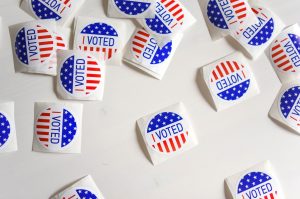

Be First to Comment